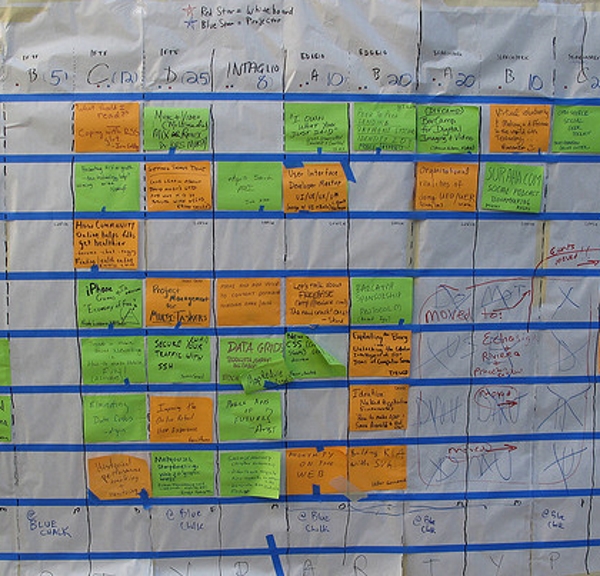What It’s Really Like To Home School Your Child
Combined with dissatisfaction with school systems and the desire to guide their children’s education, many parents are turning to home schooling. There are many misconceptions about home schooling, which is why it is important for us to understand the ins and outs of educating our children at home.
The idea of spending day-in and day-out with your kids often seems like a dream come true, especially when parents find themselves working one or two jobs to make ends meet, ultimately sacrificing time with their kids. Combined with dissatisfaction with school systems and the desire to guide their children’s education, many parents are turning to home schooling. There are many misconceptions about home schooling, which is why it is important for us to understand the ins and outs of educating our children at home.
Establish A Routine

Educational freedom also allows home schooled children to learn subjects they are interested in, help guide the curriculum, and dig deeper into their personal interests, reports Family Education. The basics are still covered, but home schooling allows parents the freedom to take an impromptu trip to a museum during a history lesson or show children basic life skills such as how to wash laundry, make coffee, or cook meals.
SKM: below-content placeholderWhizzco for FHB

